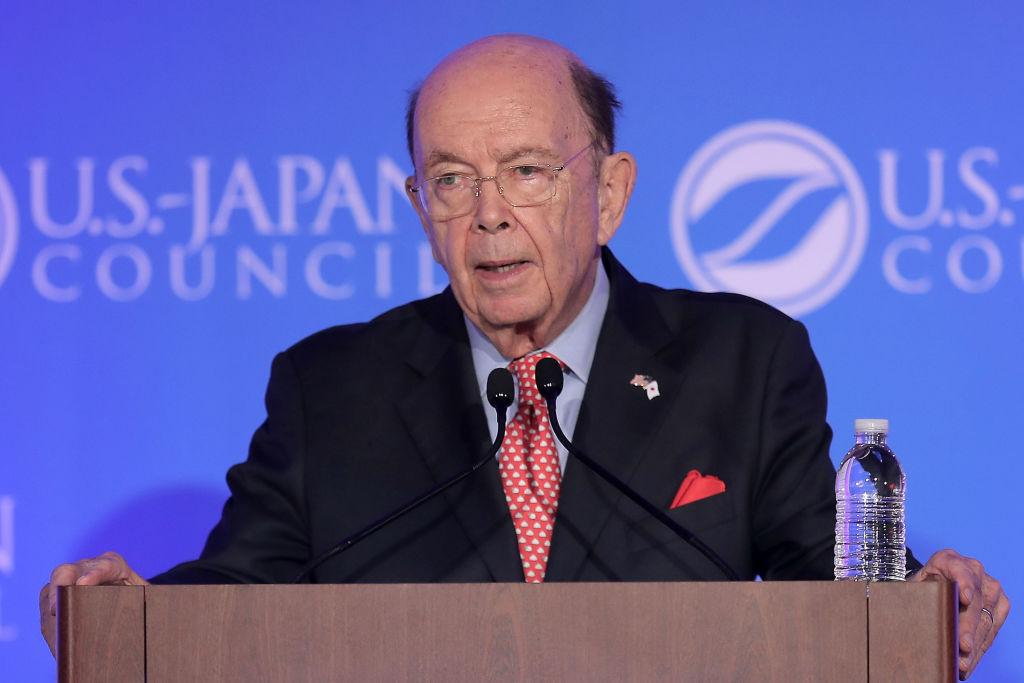WASHINGTON—The North American Free Trade Agreement (NAFTA) talks are now addressing the more intricate details of the deal, and the political calendar will make it very challenging to complete a new agreement, according to Secretary of Commerce Wilbur Ross.
Speaking at the 2017 U.S.–Japan Council annual conference on Nov. 13, Ross said there is no exact date by which the negotiations must end. But if there is no resolution by the end of March, then it will become more difficult to finalize the talks, he said.





